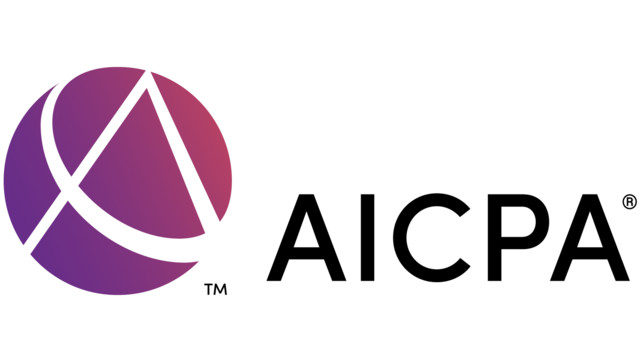The American Institute of CPAs (AICPA) has recognized nine innovative accounting educators with the 2019 Effective Learning Strategies Awards.
The awards, co-sponsored by Grant Thornton and the Federation of Schools of Accountancy (FSA), are given each year to college and university educators who develop unique and effective teaching tools for introductory, upper division, and graduate courses. Recipients are determined by the AICPA Academic Executive Committee’s Teaching Innovation Task Force based on presentations made during the American Accounting Association’s Annual Meeting held in August 2019 in San Francisco, CA.
“Accounting educators play a large role in influencing and preparing the future accounting professionals,” said Greg Gaynor, CPA, Ph.D., the Effective Learning Strategies Educator Awards program chair and professor at California State University-Long Beach. “This year’s winners are being honored for developing outstanding curricula that improves student learning outcomes and increases their engagement in the classroom. They are truly academic stewards to the accounting profession.”
Recipients of the Effective Learning Strategies Awards, as well as honorable mentions are:
Bea Sanders/AICPA 2019 Teaching Innovation Award
- Winner: “Junkyard Planet: Teaching Managerial Accounting with a Sustainability Theme,” Stephanie Grimm, University of St. Thomas — By studying the global for-profit metal scrap industry, as explored in the book Junkyard Planet, students gained understanding of managerial accounting issues, like fixed automation costs vs. variable labor costs, learned how global economic forces influenced revenues and discussed sustainability issues in context of the industry.
- Honorable Mention: “Data Analytics Projects for Introductory Accounting Using Excel, Tableau, and Power BI,” Wendy Tietz, Kent State University, Tracie Miller Nobles, Austin Community College and Jennifer Cainas, University of South Florida — Students worked with a data set containing more than 65,000 insurance sales records to learn how to evaluate data to make informed decisions for business management.
George Krull/Grant Thornton 2019 Teaching Innovation Award
- Winner: “Blockchain: Bridging the Profession-Education Gap with Instructional Scaffolding,” Ethan Kinory, Rutgers Camden, State University of New Jersey, Kimberly Church, University of Missouri-Kansas City and Sean Stein Smith, Lehman College — This learning strategy introduced students to Blockchain concepts, including using time stamp activity for internal controls, generating a hash to recognize common values, and creating a Hyperledger to observe asset exchanges.
Mark Chain/FSA 2019 Teaching Innovation Award
- Winner: “Integration in Accounting Curriculum: Leading by Example,” Mahendra Gujarathi, Bentley University — Students engage in three case studies based on one company to understand the organization from the financial accountant, external auditor and financial analyst perspective, to give a more complete understanding of the role of accounting.
- Honorable Mention: “Benchmark Ratio Analysis Using One’s Own College: A Service-Learning Project For The Governmental and Not-For-Profit Accounting Course,” Mary Michel, Manhattan College — This course operated as a service-learning project in which students calculated and analyzed financial statement ratios for their own university, relative to peer, competing and local institutions.
“The accounting profession continues to evolve, particularly as new technology enhances the way many organizations operate,” said Yvonne Hinson, CPA, CGMA, Ph.D., academic in residence, Association of International Certified Professional Accountants. “These educators are leading the charge to find creative solutions to inspire students and cultivate the skills the next generation of CPAs will need.”
The materials from these submissions will be posted to the AICPA Accounting Professors’ Curriculum Tool.
Thanks for reading CPA Practice Advisor!
Subscribe Already registered? Log In
Need more information? Read the FAQs
Tags: Digital Currency




